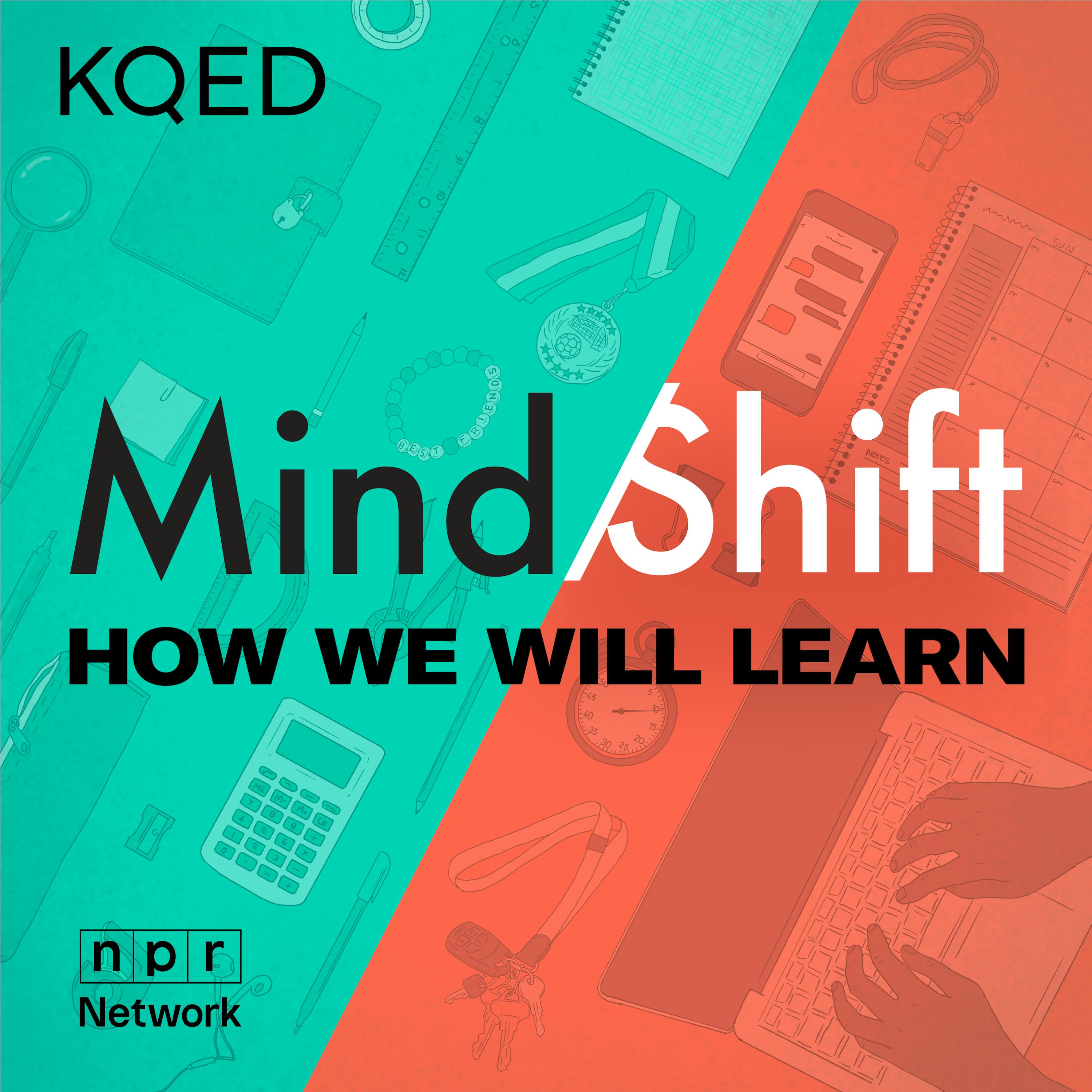
How Do You Cultivate Genius In All Students?

MindShift Podcast
Deep Dive
Why is it important to recognize genius in all students?
Recognizing genius in all students fosters intellectual creativity, innovation, and a belief in their potential. This approach starts early and sees genius as a quality that can be developed in everyone, not just a select few.
How did Jennifer Doudna's high school experience influence her career?
Jennifer Doudna, a Nobel Prize winner, didn't see herself as a scientist until her 10th-grade chemistry teacher, Jeanette Wong, recognized her brilliance. This recognition was a pivotal moment that set her on the path to becoming a leading researcher in CRISPR gene editing.
What gap did Gholdy Muhammad notice among teachers regarding student potential?
Muhammad observed that teachers often saw brilliance in their own children but not in the students they taught, particularly Black and Latinx children. This discrepancy highlighted internalized biases and a lack of recognition for student potential.
What historical model did Gholdy Muhammad use to develop her literacy framework?
Muhammad's framework was inspired by early 1800s Black literary societies, where members developed literacy skills, advocated for themselves, and thought critically about societal change through debate and writing.
What are the five tenets of Gholdy Muhammad's Historically Responsive Literacy Framework?
The five tenets are identity, skills, intellectualism, criticality, and joy. These elements aim to cultivate a deep understanding of self, academic proficiencies, intellectual growth, critical thinking, and a positive learning experience.
Why is identity development crucial in education?
Identity development helps students understand and feel good about themselves, avoiding internalized negative messages and stereotypes. It fosters a sense of self-worth and belonging, crucial for academic and personal growth.
How does intellectualism differ from basic skills in the literacy framework?
Intellectualism involves applying skills to new knowledge and actively seeking to understand new concepts, people, and places. It goes beyond basic skills to foster a deeper, more connected understanding of the world.
What role does joy play in Gholdy Muhammad's framework?
Joy is essential for maintaining motivation and a positive learning experience. It counters the often negative or heavy themes in educational content, ensuring that students have a balanced and uplifting educational experience.
How did Dominique Harard's teaching experience with middle schoolers influence her career?
Harard's experience with middle schoolers, where they had a deep discussion about Bob Marley's Redemption Song, sparked her realization that education could be more than just skills. It could be about identity, criticality, intellectualism, and joy, leading her to become a teacher.
What advice does Gholdy Muhammad give to teachers interested in historically responsive education?
Muhammad advises teachers to cultivate their minds by reading, seeking knowledge, and learning history. They must approach this work with an open heart and be ready to receive knowledge and truth to effectively implement these strategies.
- Muhammad's framework is based on research into Black literary societies of the early 1800s.
- These societies focused on debate, critical thinking, and social transformation.
- The framework aims to develop intellectual creativity and innovation in students.
Shownotes Transcript
Gholdy Muhammad, a teacher and professor at Georgia State University, spent years researching Black literary societies of the early 1800s, where people debated ideas, cultivated a deeper understanding of themselves and thought critically about change needed in the world. From this model, Muhammad developed the historically responsive literacy framework to help teachers and parents raise the geniuses of tomorrow.